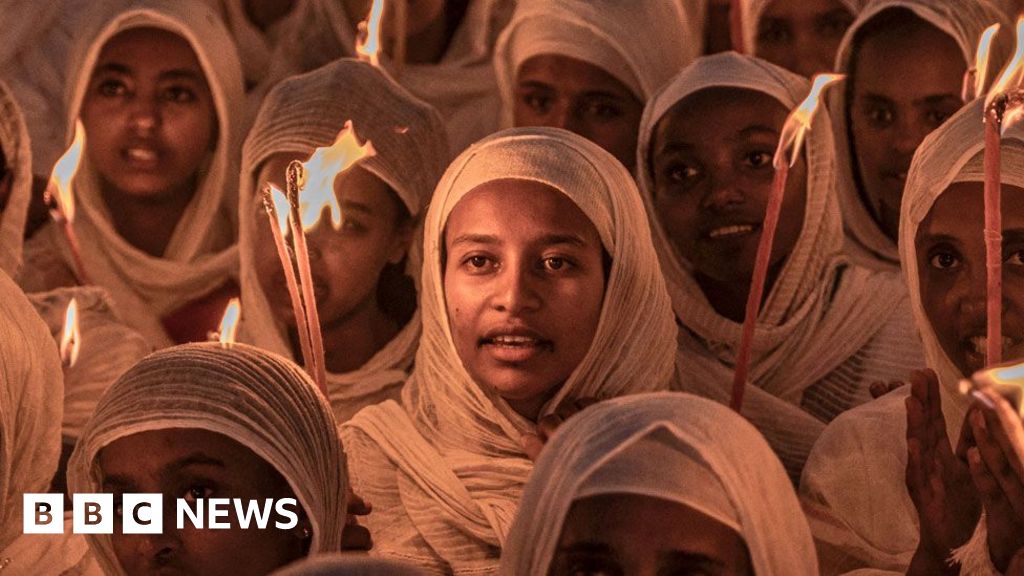Kenya was among several African countries elected to the United Nations Human Rights Council (UNHRC) on 9 October. The country’s bid for a seat attracted criticism from local and international civil society organisations because of Kenya’s poor human rights record.
The Kenya Human Rights Commission and Muslim Human Rights expressed dissatisfaction with what they described as the government’s gross human rights violations, unlawful killings, abductions and police brutality. These actions contradict Kenya’s 2010 Constitution and the Kenya National Commission on Human Rights Act, both of which emphasise the protection and promotion of human rights.
The government’s recent response to protests against the 2024 Finance Bill reportedly saw police involved in the abduction of about 65 people and the illegal detention of close to 1,400 – some suspected of being demonstrators. These incidents underline ongoing concerns about burdensome economic policies, oppressive taxation and discriminatory practices.
Kenya is not the only country with a contentious human rights record to be elected to the UNHRC, but its inclusion could invite further international scrutiny. Council member Spain, for instance, was accused in 2022 of violating the political rights of former members of the Catalan government and Parliament by suspending them before they were convicted after the 2017 independence referendum.
Given that Kenya officially joins the UNHRC in January 2025, the election serves as both an opportunity and a challenge. The new role mandates the country to promote and protect human rights globally while addressing its human rights record at home.
By improving domestic human rights issues, Kenya can show its determination to fulfil its responsibilities on the council. Several key areas for action stand out.
The first is to strengthen the Kenya National Commission on Human Rights (KNCHR). During the UNHRC’s Universal Periodic Review in 2020, Kenya accepted 163 recommendations for improving its record. Key among them was bolstering the independence and efficiency of the KNCHR, a body established by the country’s 2010 Constitution.
Nigerians need credible journalism. Help us report it.
Support journalism driven by facts, created by Nigerians for Nigerians. Our thorough, researched reporting relies on the support of readers like you.
Help us maintain free and accessible news for all with a small donation.
Every contribution guarantees that we can keep delivering important stories —no paywalls, just quality journalism.
However, the KNCHR still faces significant operational and funding shortfalls, hampering its effectiveness. The commission operates with just 25 per cent of its authorised staff and has only five offices serving Kenya’s 47 counties. Implementing the UNHRC’s recommendations will be essential for Kenya to solidify its position on the global council.
Equally important is addressing challenges highlighted by the KNCHR, including the country’s failure to ratify key treaties like the 2010 convention to protect people from enforced disappearance – a key allegation during Nairobi’s recent protests. While the KNCHR said access to detention facilities had improved, security agencies often denied full access to vital case-specific information and facilities necessary for investigating human rights violations, as was constitutionally required.
Kenya’s government must also prioritise meaningful engagement with civil society groups and other stakeholders. These groups play an integral role by giving insight into grassroots positions on issues like police brutality and advocating for human rights on behalf of those marginalised in society. By fostering open communication, the government could start rebuilding trust among citizens locally and beyond its borders.
Regular consultations with civil society groups on matters such as police reform, economic justice and the protection of civic space could help the government implement human rights-compliant policies. Collaborative action could also result in joint initiatives such as human rights education programmes and community safety projects.
Another vital task for government is investigating all acts of police brutality and illegal detentions, and bringing the culprits to book. Independent investigations – possibly assisted by local and international experts – would give the process transparency and restore public trust in state institutions.
Comprehensive police reforms are also required to prevent future abuses. This includes reviewing training procedures, enhancing oversight systems and promoting a human rights culture among police.
The state should also rethink its fiscal policy in light of its intended reintroduction of the 2024 Finance Bill, to avoid further straining citizens economically. Fiscal policy has direct implications for human rights, influencing access to essential services and people’s overall quality of life. Engaging with economists, social policy experts and affected communities could lead to more equitable taxation and social policies in Kenya.
In the health sector, the National Health Insurance Fund is being replaced with the Social Health Insurance Fund to provide medical cover to citizens. Since cover will likely be unaffordable for marginalised sectors of society, the new fund should be reviewed to increase coverage and reduce premiums.
By paying more attention to economic rights and social equity, Kenya can harmonise its domestic policies with the UNHRC’s principles and build credibility as a council member.
To show its commitment to human rights, the Kenyan government will need to embrace constructive criticism as a driver for reform. Active participation in the UNHRC’s Universal Periodic Review and the African Union’s African Peer Review Mechanism is required. Recommendations must be implemented, and transparent reporting systems created to track progress and foster accountability.
READ ALSO: Israeli parliament passes law banning UN agency; Turkey, Palestine react
Kenya’s election to the UNHRC is an opportunity for the government to show its commitment to upholding and advancing human rights and fulfilling its international obligations. The country has already demonstrated improvements through its Refugee Act 2021, which offers refugees freedom of movement, the right to work and access to financial services.
Only through genuine commitment and due diligence can Kenya improve its human rights record and serve as a credible human rights advocate on the global stage.
Valtino Omolo, Intern, Zenge Simakoloyi, Research Intern, and Tem Fuh Mbuh, Programme Manager, Security Sector Governance Project, Institute for Security Studies (ISS)
(This article was first published by ISS Today, a Premium Times syndication partner. We have their permission to republish).
Support PREMIUM TIMES' journalism of integrity and credibility
At Premium Times, we firmly believe in the importance of high-quality journalism. Recognizing that not everyone can afford costly news subscriptions, we are dedicated to delivering meticulously researched, fact-checked news that remains freely accessible to all.
Whether you turn to Premium Times for daily updates, in-depth investigations into pressing national issues, or entertaining trending stories, we value your readership.
It’s essential to acknowledge that news production incurs expenses, and we take pride in never placing our stories behind a prohibitive paywall.
Would you consider supporting us with a modest contribution on a monthly basis to help maintain our commitment to free, accessible news?
TEXT AD: Call Willie - +2348098788999

















 English (US) ·
English (US) ·